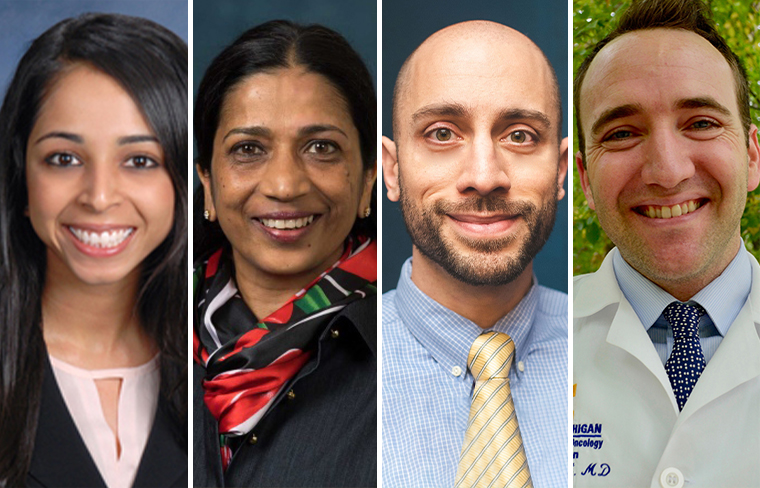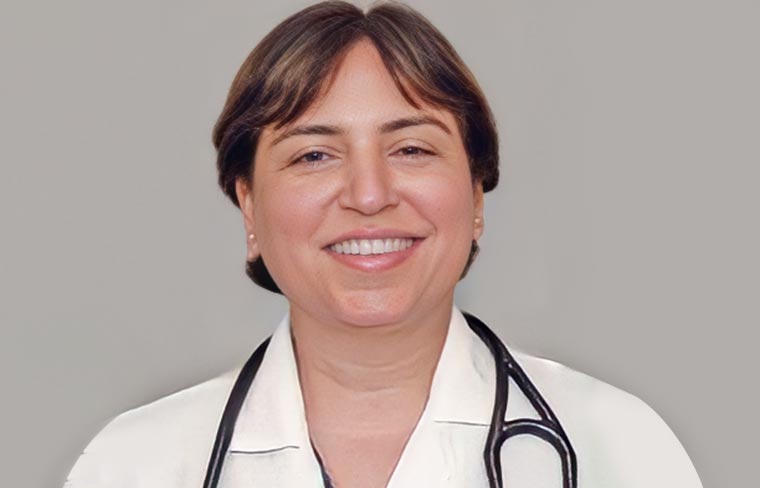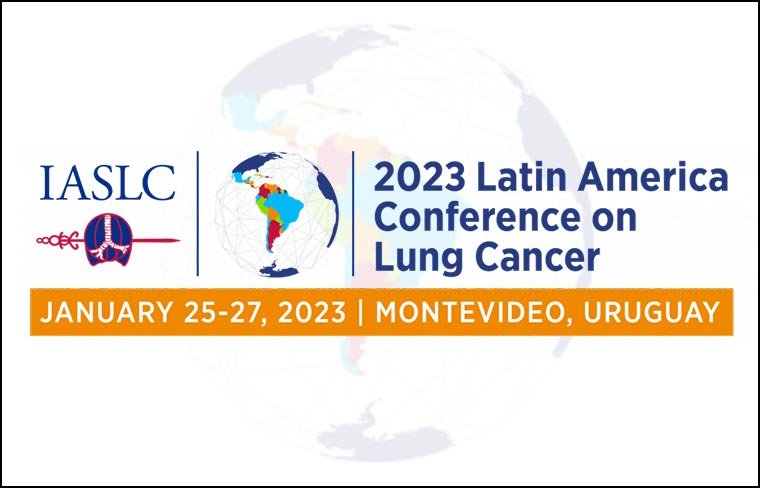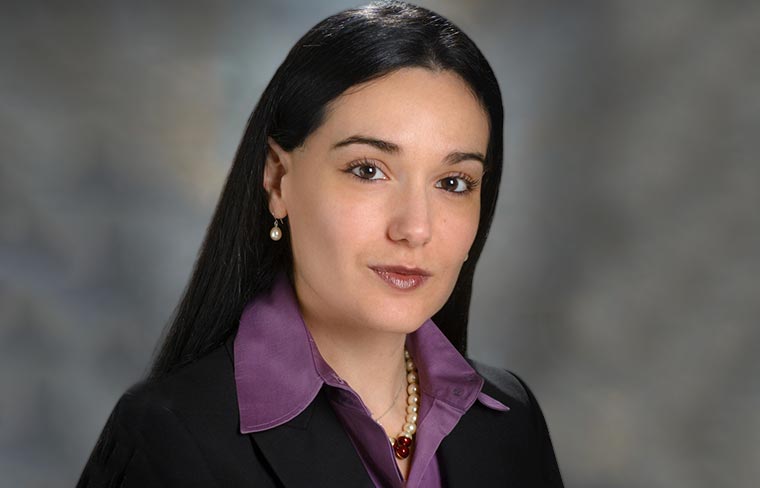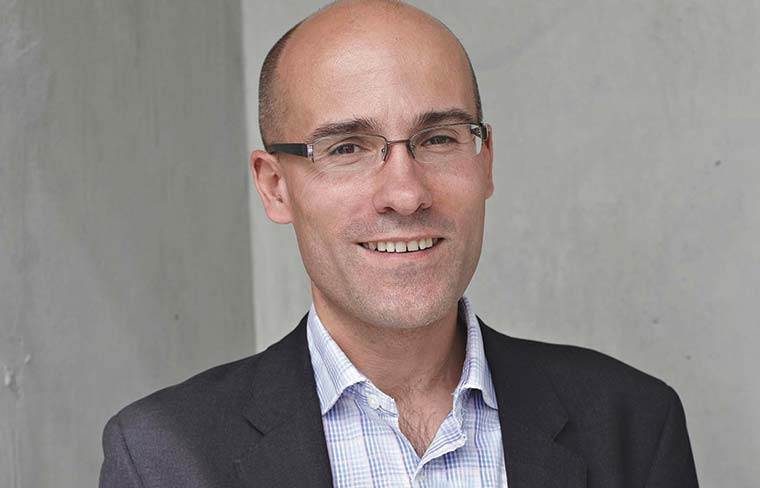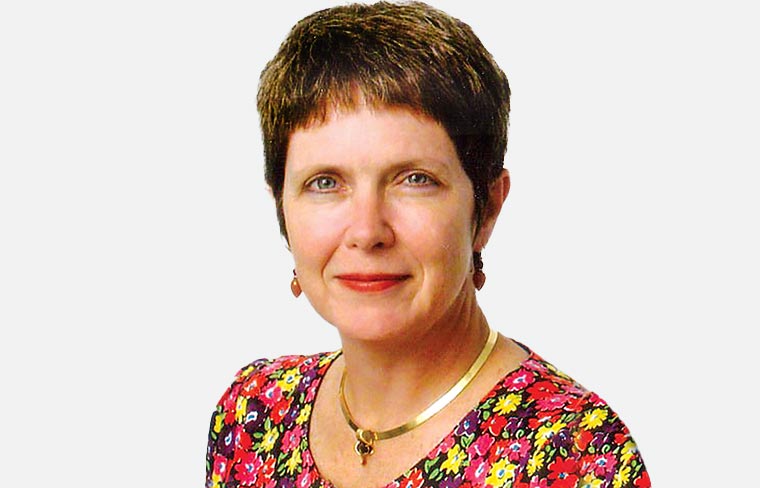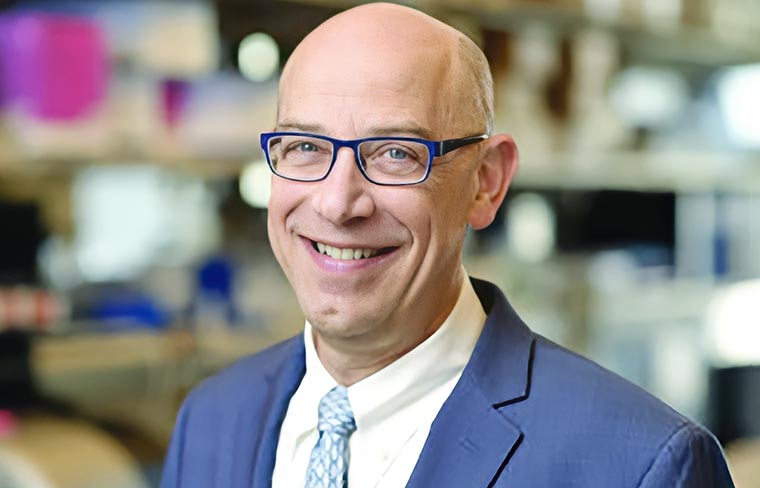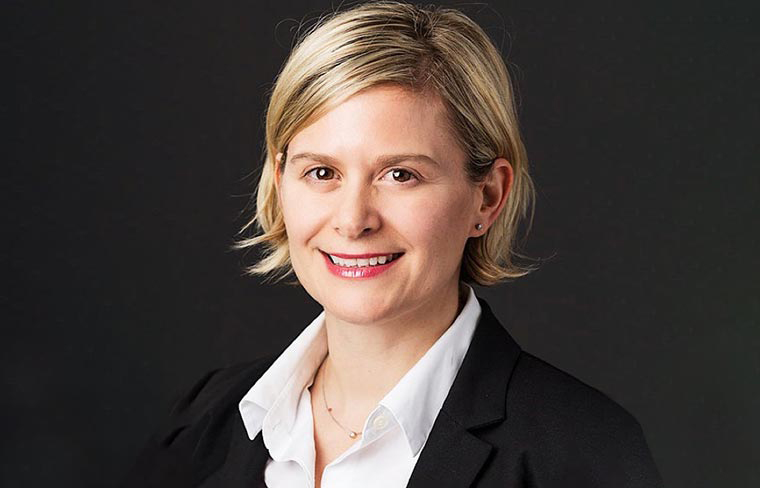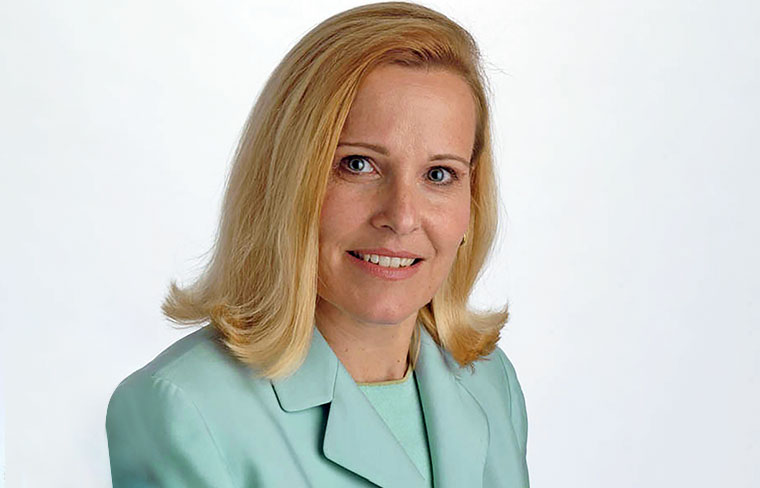2022
-
When Perfect is the Enemy of Good: Investigators Compare Rigorous Clinical Trial Data to Real-World Experience
Using a real-world cohort of US veterans, researchers examine the effectiveness of durvalumab consolidation in unresectable stage III NSCLC.
-
Public Interest in Complementary, Alternative Approaches to Smoking Cessation Growing
While evidence is mixed on the efficacy of some non-traditional methods, Dr. Deepti Behl says lung cancer physicians should be familiar with the options and support patients who are willing to try to stop smoking.
-
In Brief for Oct. 26, 2022
Upcoming IASLC meetings offer educational opportunities around the globe. Read more for registration and abstract news from LACLC, ACLC, and TTLC.
-
NACLC 22 Educational Session Explores the Rationale for Immune Checkpoint Inhibition
During IASLC’s North America Conference on Lung Cancer, MD Anderson’s Dr. Tina Cascone reviewed the evidence for neoadjuvant and adjuvant therapy in NSCLC.
-
Researcher Reveals How Air Pollution May Cause Lung Cancer
During ESMO Congress 2022, Prof. Charles Swanton shared data that show cells with EGFR and KRAS gene mutations can turn cancerous when exposed to pollution from the burning of fossil fuels.
-
In Brief for October 12, 2022
Former IASLC board member Dr. Carolyn Dresler recently honored for her lifetime of tobacco control advocacy. Penn Medicine chosen as site for US National Cancer Institute Telehealth Research Center of Excellence.
-
KEYNOTE-604 Follow-Up Results Continue to Show Clinically Meaningful Improvement
Long-term data presented by Dr. Charles Rudin during WCLC 2022 showed significant OS benefit for patients with extensive stage SCLC on pembrolizumab combination versus placebo.
-
Study Shows Shorter-Term Assessments Underestimate Pollution Exposure
During WCLC 22, Dr. Renelle Myers demonstrated the importance of considering long-term cumulative exposure to air pollutants when assessing individual lung cancer risk.
-
POSEIDON Analysis Shows Sustained Benefit with Triplet Regimen Regardless of Mutational Status
Dr. Solange Peters showed 24-month overall survival rates were higher with tremelimumab, durvalumab, and chemotherapy versus chemotherapy alone across all subgroups, including those with KRAS, STK11, and KEAP1 mutations.
-
IASLC CEO Reflects on WCLC 2022
In a Q&A with ILCN, Dr. Karen Kelly looks back at the moments that made lasting impressions and the presentations with the power to change the practice of thoracic oncology.








